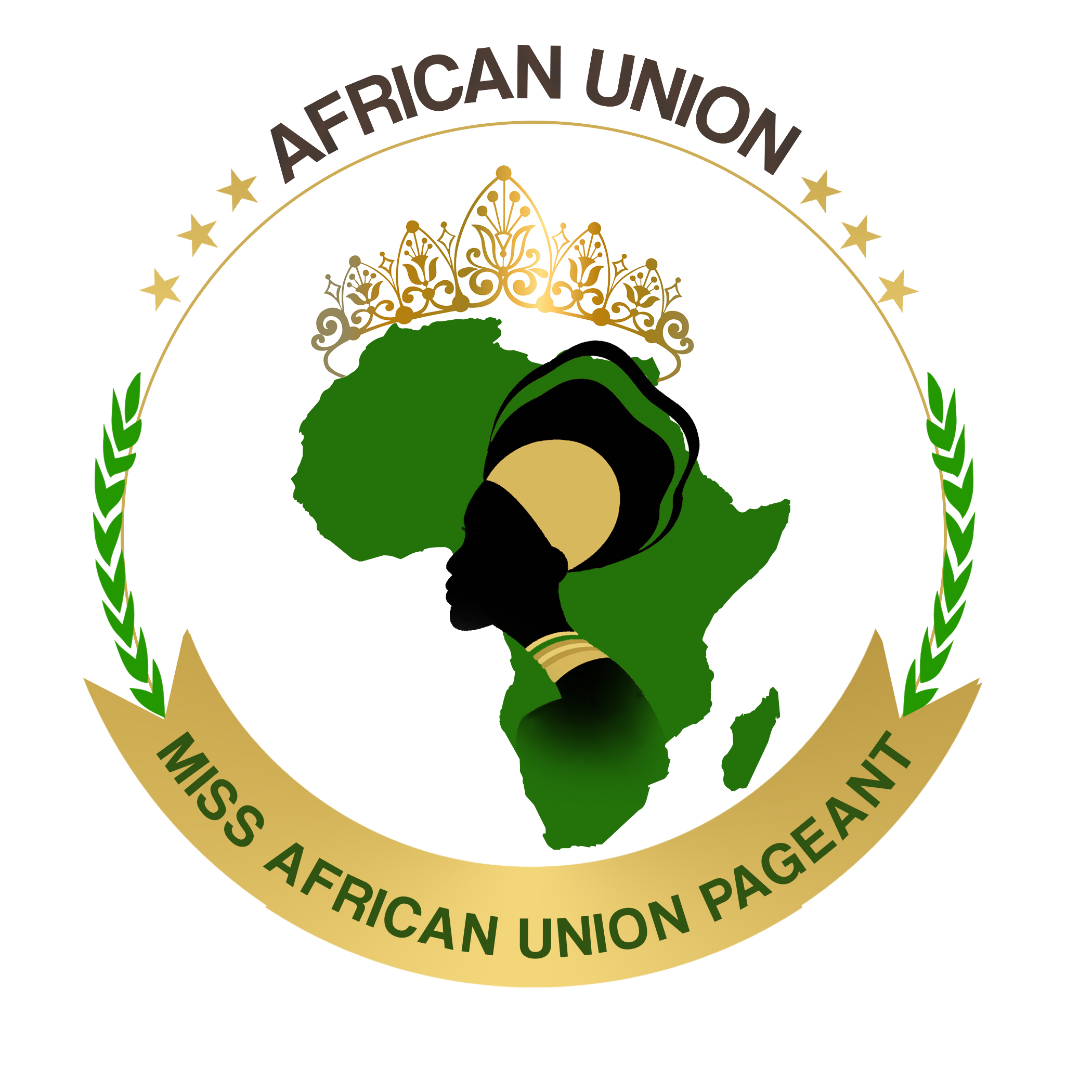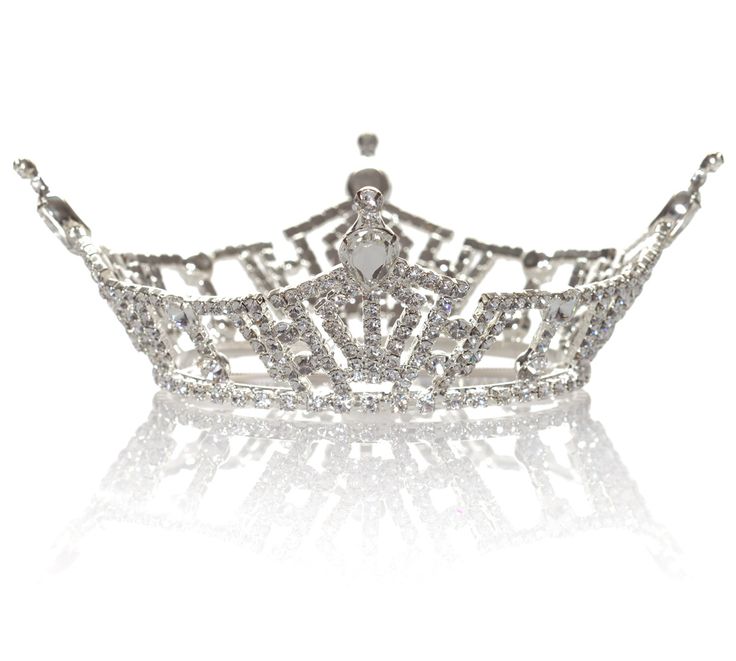
JUDGES AND JUDGING CRITERIA
Anyone with an excellent reputation can serve as a judge as long as they receive proper training and instruction from the Director. Judges should be individuals who are in a position to evaluate the delegates on the scoring criteria. Look for judges with experience in the pageant industry (e.g. former titleholders, experienced judges, directors from other systems). Representatives from the entertainment and modeling industry also make excellent judges as these individuals are accustomed to either being in the public eye themselves or knowledgeable in selecting talent. It is advisable to include a diverse range of professionals (e.g., doctors, lawyers, educators) on the judging panel.
The pageant community is a small industry. It is likely that some experienced judges may have come into contact with delegates at prior events. Directors must instruct the judges not to allow any prior memory of past performance impact on their scoring decisions. Directors should select judges who are “disinterested” parties, meaning that they have no stake in the outcome of the pageant. Should you learn of a conflict of interest (e.g., a judge who has coached a delegate for your event, a judge who has a delegate under contract for modeling or promotion, etc.), you must remove the judge from the panel immediately and invalidate his/her scores.
Desirable Titleholder Characteristics
Both delegates and judges often ask the question What are you looking for in a winner? To answer that question, a good place to start is a review of the concept and goals of this pageant.
The Pageant needs winners who are capable of performing in the role of Miss Africa Union titleholder. While local, state and sometimes even national titleholders are selected based on their potential to grow and develop for the next level of competition, an Africa Union titleholder must already be there. Our winners must be poised, confident, well spoken, attractive and personable. They must be the ideal women of African womanhood. Everyone has a different definition of success. Some measures of success are academic degrees, professional accomplishments, societal contributions, family commitment and so on. Our winners should be women that others aspire to be like.
Age Divisions: No Stereotypes please!
Often people may have preconceptions about what constitutes a “Miss African Union Pageant winner. Instruct your judges not to allow age or situation to be a factor in scoring.
Judges must throw out preconceived ideas about societal stereotypes and evaluate the delegates as individuals. By accepting the premise that all delegates meet basic eligibility criteria and by following the scoring guidelines, the winners will simply emerge.
Judging Ethics
Pageant Judging is a responsibility and should be treated as such. Each delegate in the competition deserves fair and equal consideration. Each has worked hard and each has aspirations to be the next International titleholder.
Judges have the power to make someone’s dreams come true. With power comes responsibility. Directors must select judges who are worthy individuals and capable of making their own decisions. Instruct your judges to allow no one, including pageant staff, other judges, or the audience to influence their scoring decisions. Judges must not allow any biases such as religion, culture, ethnicity, race, or disability to influence their scoring decisions, either positively or negatively. Each delegate must be judged based upon their merits according to the criteria specified on the score sheets.
Returning delegates are to be afforded no special consideration. Delegates who have chosen to purchase ads in the program book are to be afforded no special consideration. Delegates who have many supporters in the audience are to be afforded no special consideration. Our winners may be first time delegates who have never been in a pageant before. Each delegate must be considered an equal contender in this competition. Directors must instruct their judges not to engage in unethical scoring practices. Explain that it may be tempting to try to influence the outcome of the pageant by giving a favorite delegate a score higher than is merited by the criteria. This practice is unethical and must not be engaged in. Similarly, giving a delegate a score lower than deserved in an attempt to boost a favorite delegate in the overall ranking is prohibited.
In the small pageant world, it is inevitable that some experienced judges may have had prior contact with a delegate, either in a prior pageant or contest or simply casual interaction. Instruct your judges not to allow any memory of prior performance in any past event to influence scoring decisions in this event. Similarly, instruct your judges not to allow any prior knowledge of a delegate to influence their performance as an ethic judge in this competition. Such prior knowledge may include: social interaction, whether in person, via telephone or email, observations at appearances or visibility of the delegate in industry publications and on the internet.
During the pageant, judges may not engage in lengthy conversation with any delegate or her family before or during the pageant. Judges who find themselves in a social situation where it is impossible to leave (such as in an elevator) must limit their conversation to mundane issues such as the weather, the local area, quality of the meals served, etc. Judges may, of course, engage in conversation with any delegate or family member after the competition has ended.
Following the competition, delegates may approach the judges for feedback regarding their Performance. Judges should be encouraged but not obligated to provide helpful advice.
If for any reason and at any point in the competition you believe that a judge is unable to score any delegate fairly, without bias, according to the criteria, and with a clear conscience, you must remove them from the judging panel and invalidate all of their scores.



